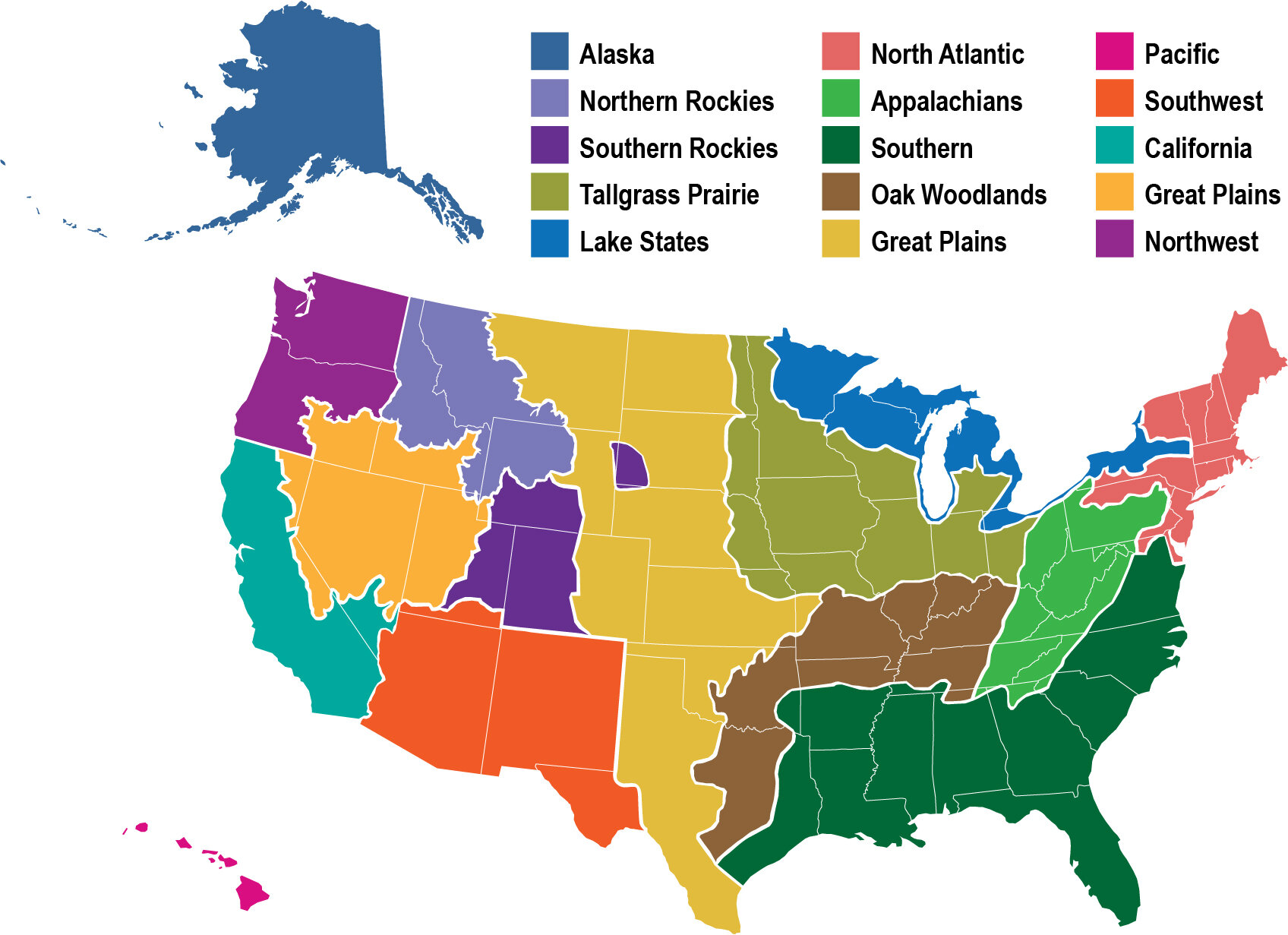A lecture by
Dr. Pete Fulé
Professor, School of Forestry, Northern Arizona University
Part of the
2015 FERAL* Lecture Series
Sponsored by the California Fire Science Consortium and the US Forest Service Pacific Southwest Region Ecology Program
Date and time: Oct 28, 2015; 3:00-4:00
Location: Room 3001, Plant and Environmental Sciences (PES) Building, University of California-Davis
Abstract: Driven by converging factors of warming climate and increased fuel, many forest landscapes are burning in severe megafires, prompting management treatments aimed at restoring ecosystems resilient to fire. This management approach is based in historical ecology and shows positive results in reducing wildfire severity, but future climate is altering the environment for vegetation and the role of fire. We use climate-sensitive forest models to assess simulated treatments under alternative future climate scenarios. While model results are highly uncertain, patterns and trends in the simulated results may be helpful in identifying thresholds for selecting among alternative management approaches.
Biography of Dr. Fule: Peter Fulé studies the interactions between forests, fires, and climate. He uses historical ecology techniques, including dendrochronology (tree-ring analysis), to study these interactions during past centuries. Experimental studies in forest restoration are used to test methods of restoring resilient forest ecosystems. Simulation models of vegetation change under alternative climate change scenarios and management activities are applied to forecast future forest development and test strategies for forest conservation. Dr. Fulé does research in the US, Latin America, and the Mediterranean region.
*Forest Ecology Random Lectures, open to the public



